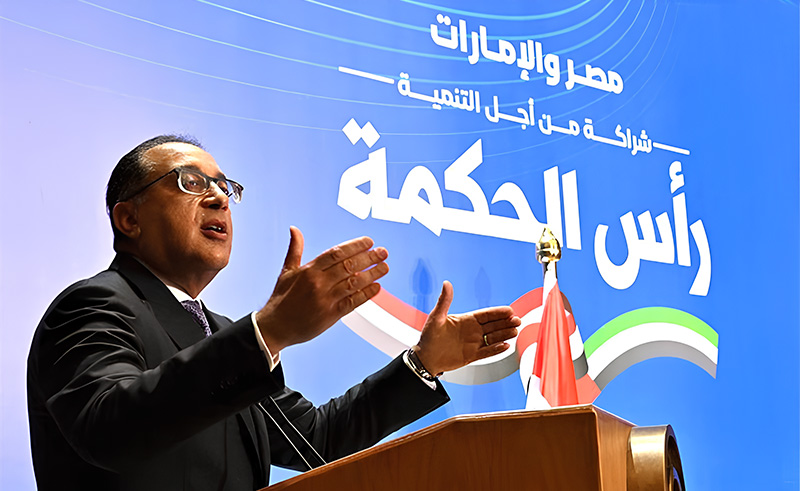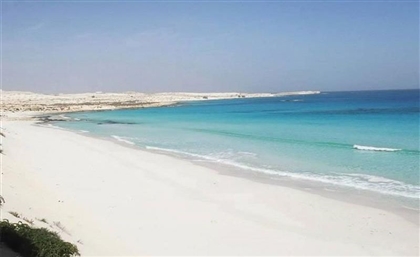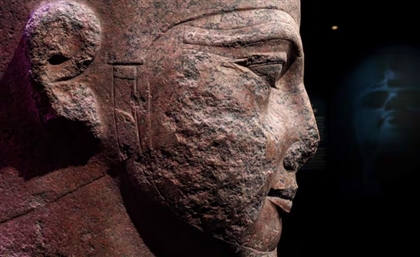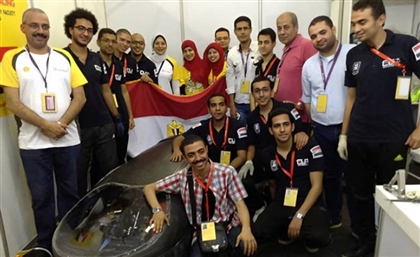The Ras El Hekma Egypt-UAE Deal Explained
The Ras El Hekma deal, according to Prime Minister Mostafa Madbouly, is the largest foreign direct investment (FDI) in Egypt's history.

Egypt officially secured the first tranche of a $35 billion investment deal with the United Arab Emirates (UAE), marking the largest foreign direct investment (FDI) in Egypt's history, focused on the development of the Ras El Hekma area on Egypt's North Coast.
As part of this deal, Egypt received an additional $5 billion, concluding the first phase of the agreement. The investment aims to revitalize the Egyptian economy by injecting foreign currency and fostering development in the Ras El Hekma region.
The coastal area will serve as an integrated hub that includes holiday destinations, financial centres, and free economic zones. The agreement was signed between Egypt's Ministry of Housing and the UAE’s Ministry of Investment at the New Administrative Capital on February 23rd.
The agreement focuses on the Ras El-Hekma coastal region, situated west of Alexandria on the North Coast. Spanning approximately 350 kilometres northwest of Cairo, the ambitious project covers an extensive area of 40,600 feddans under the oversight of Egypt's New Urban Communities Authority and the UAE's Abu Dhabi Development Holding Company. It includes residential districts, international hotels, tourist resorts, a marina, recreational venues, essential service facilities, administrative and service buildings, a free economic zone for information technology industries, logistics hubs, an international airport, and a central business district to attract global companies.
The project is expected to attract between 40 and 50 million visitors annually and create millions of job opportunities, benefiting Egyptian contractors, real estate developers, logistics companies, and local factories. Under the terms of the deal, Egypt is set to retain a 35 percent stake in the project.
Prime Minister Mostafa Madbouly has hailed the project as a potential model for future investment partnerships, highlighting its capacity to generate substantial revenues and contribute to economic growth. The agreement, expected to alleviate Egypt's current shortage of hard currency and stimulate economic activity in the region, is anticipated to attract a minimum of $150 billion during its implementation phase.
- Previous Article The Most Luxurious Aspects of These 7 Top-Tier Arab Airlines
- Next Article 7 Public Parks To Visit In Egypt During Eid Al Fitr
























